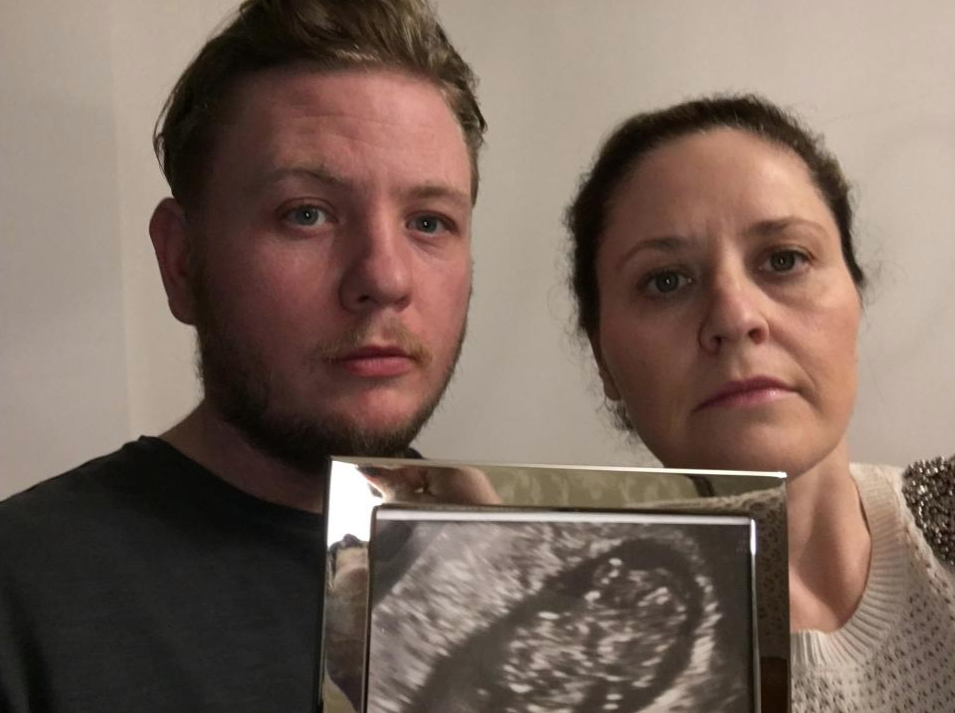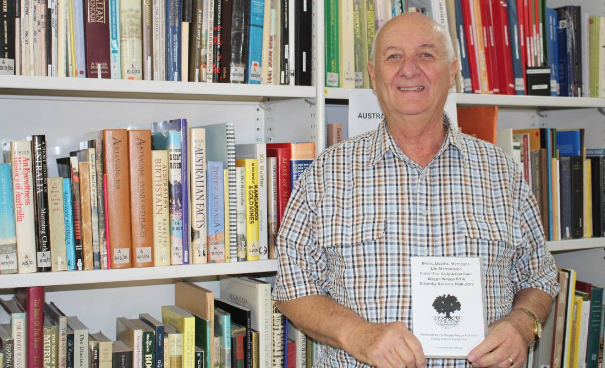In today’s Washington Post, writer Jacqueline Dooley writes movingly of of how she got through the first year after the death of her 15-year-old daughter, leaving origami cranes—a joke between her and her daughter—in random places as a way to keep her memory alive.
In Dartford, Kent, England, Michelle Hawes, a 42-year-old woman who had been attempting to have a child through in vitro fertilization, thought she had succeeded when she became pregnant. But she suffered a double tragedy when she not only lost the child at 13 weeks, but discovered the fetus was cremated without informing her and her partner and giving them a chance to make their final goodbyes. “I just feel really cheated and hurt,” she told The Sun. “And my partner and I are both reeling with shock that they can make such a cruel mistake.” Even worse, the hospital told the grieving mother more than a month after the cremation, while she was at the clinic for a follow-up appointment. Hawes and her partner, George Gardner, made a formal complaint and are awaiting the results,.

In Australia, Neil Dallinger, an amateur historian, took it upon himself to record every death, birth and marriage that occurred in the town of Wagga Wagga over the past 20 years, and created a database of more than 35,000 entries. He’s offering CD copies of his project—nearly as long as “War and Peace” at 1,175 pages—for sale at A$20, the proceeds benefiting the town’s Family History Society. He never felt depressed while working on it. ” It was just a task I thought I could tackle,” he told local Daily Advertiser. He’s still adding to it. ““I’m still going through the paper every day and, as long as I’m able to, I’ll keep going through the paper every day.”



Leave a Reply